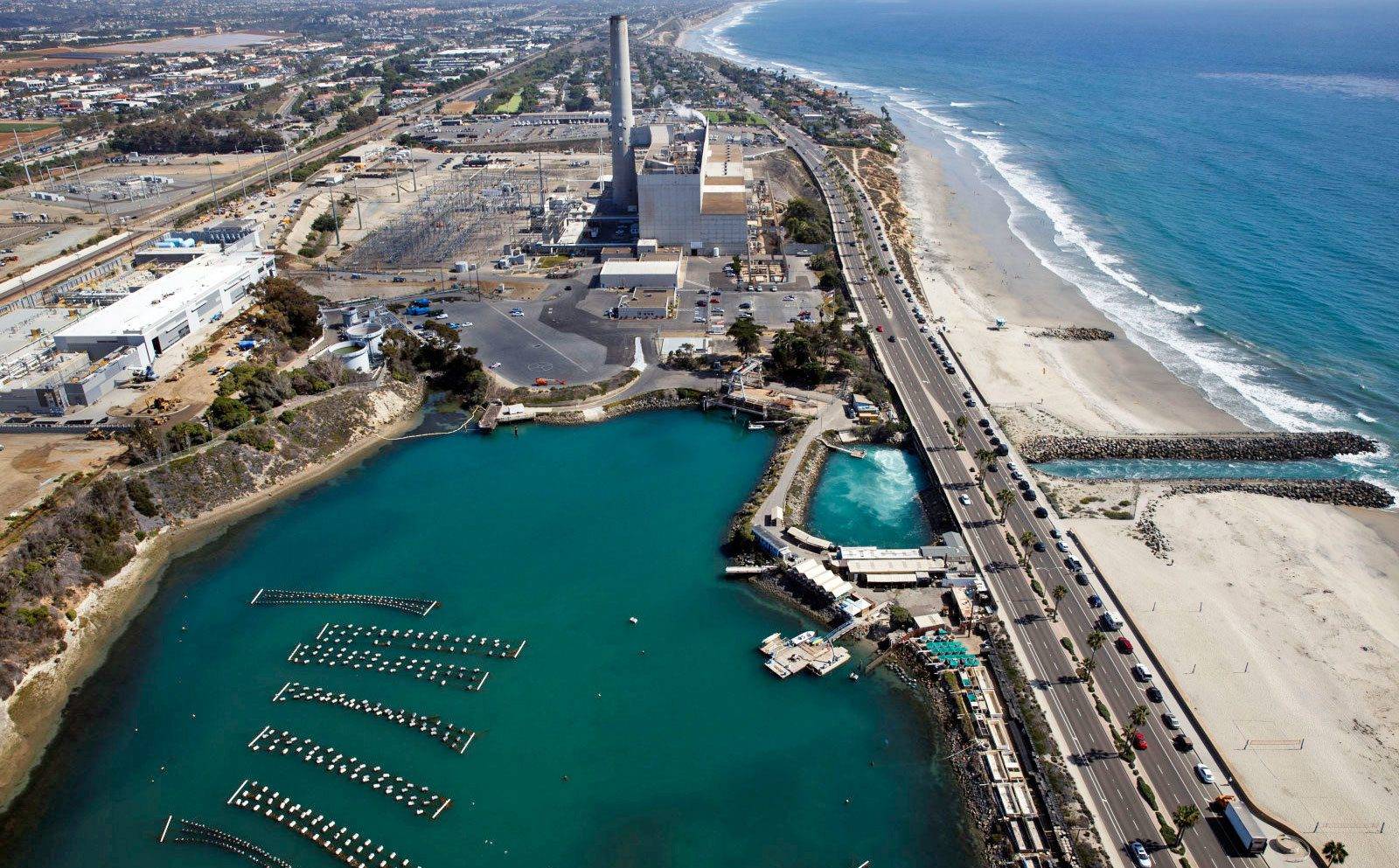Morocco Plans To Construct World’s Largest Sea Water Desalination Plant

Morocco is a water-scarce country confronted with shrinking groundwater reserves and the country has a strong dependence on rain-fed agriculture. The water supply situation is made worse by the extreme variations in the climate.
Despite ambitious attempts to cope with the effects of water shortage and climate change, Morocco still faces a dry century. American think tank the World Resources Institute (WRI) have projected that Morocco will face extremely high water stress by 2040.
According to Food and Agriculture Organization (FAO) and United Nations data, Morocco’s volume of water has dropped by 80 percent to reach 500 cubic meters per inhabitant per year, against 2,500 cubic meters in 1960.
The country’s water is running out and if nothing is done the levels could drop below the U.N.’s threshold for “absolute water scarcity” by 2020.
A key concern also is that the Sahara desert could advance northwards due to climate change, a scenario which threatens Morocco’s important agricultural sector which accounts for 15 percent of GDP and currently employs 40 percent of the country’s workforce.
In an attempt to solve the water deficit, the country plans to commence the construction of the world’s largest sea water desalination plant in 2021.
The desalination plant which will sit in Morocco’s Southern coastal city of Agadir will cost approximately USD 310 Mn and it will have a treatment capacity of around 75 million cubic meters of water per year.
The location for the plant was though to be ideal as the area is majorly known to practice Agriculture. The farmers’ aggressive moves to find ways of extracting water is also a major reason why the area was though to be ideal for the plant. Locals innovated ai system called “metfia,” a rainwater reservoir dug into a rock.
The plant is expected to produce 275,000 cubic meters of desalinated water per day before reaching its maximum daily capacity of 450,000 cubic meters after being upgraded.
Mohamed Boussaid, Morocco’s minister of Economy and Finance and Aziz Akhannouch, Agriculture Minister signed the conventions initiating the construction back in 2017.
The project which has been partly financed by farmers is expected to offer drinking water for the people of Ctouka Ait Baha region. Through the project, 15, 000 hectares of land will also be irrigated.
The government entered into a deal with the locals which will enable them have access to the desalinated water for irrigation at a cheap price per cubic meter in exchange for the investment in construction.
Abengoa, a global biotech company has been selected by the Moroccan National Electricity and Drinking water Office (ONEE) to construct this new desalination plant.
The success of the project will see Morocco become a home to the world’s largest renewable energy-run desalination plant for drinking water and irrigation.
Featured Image Courtesy: engadget.com